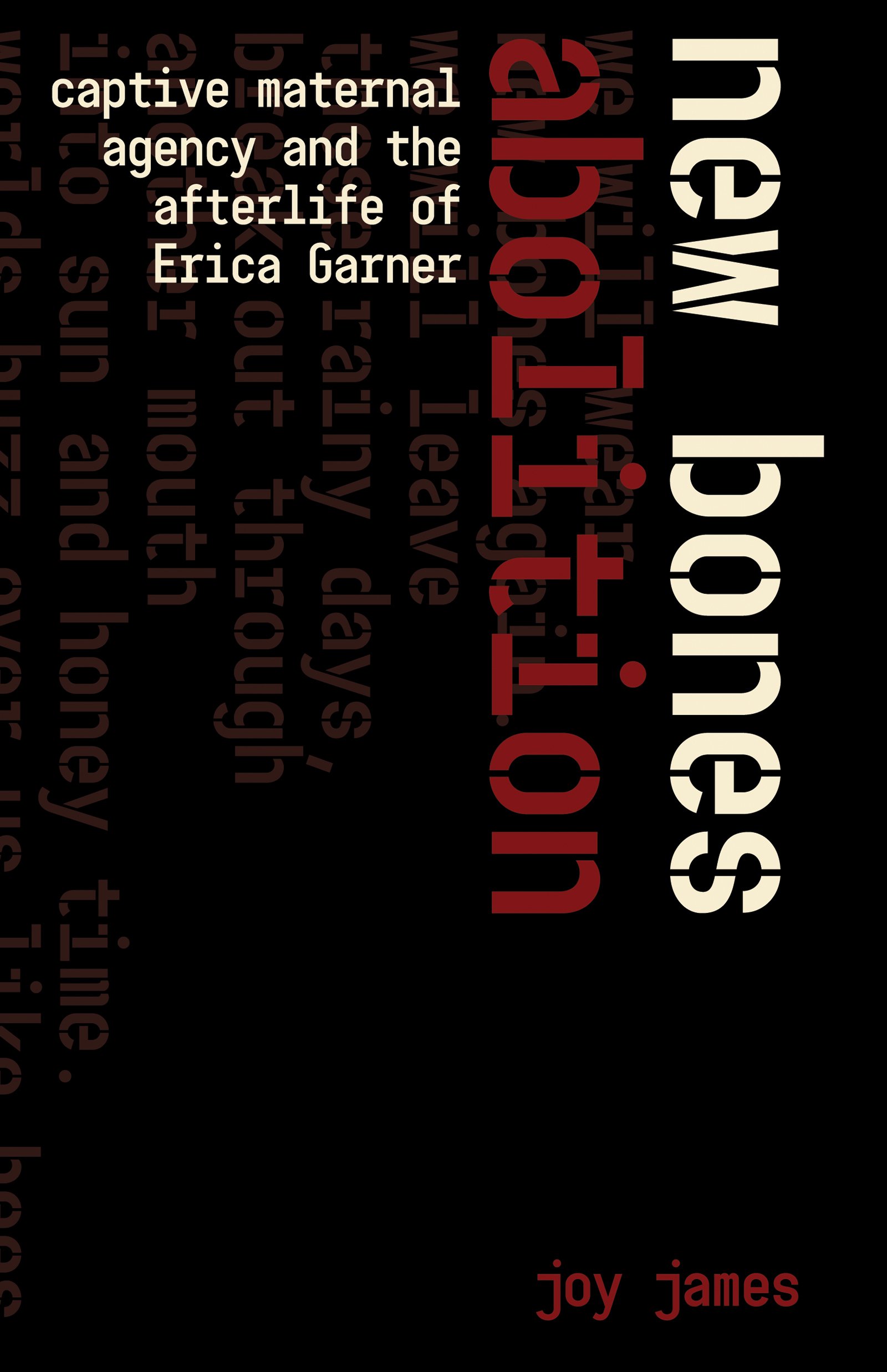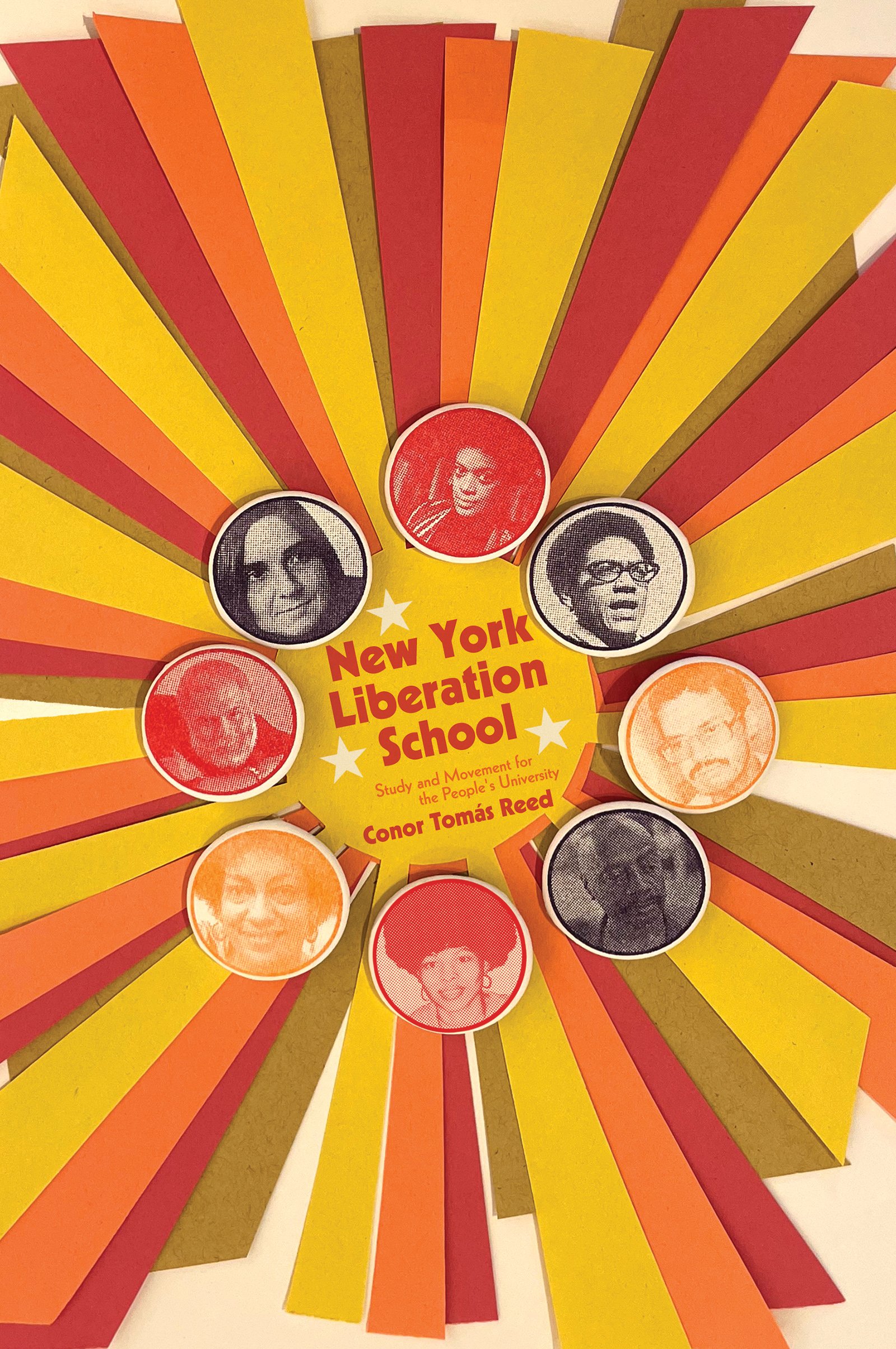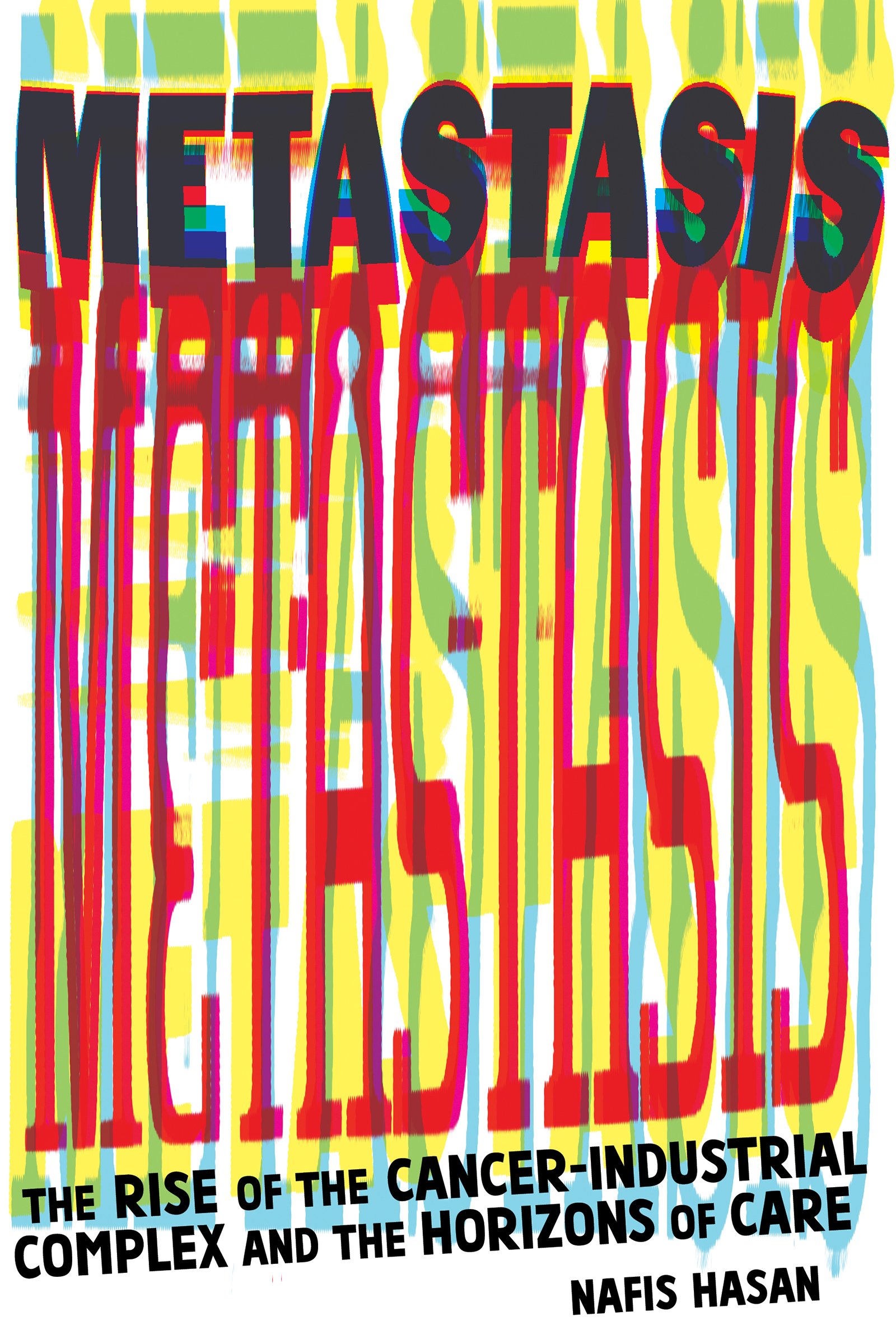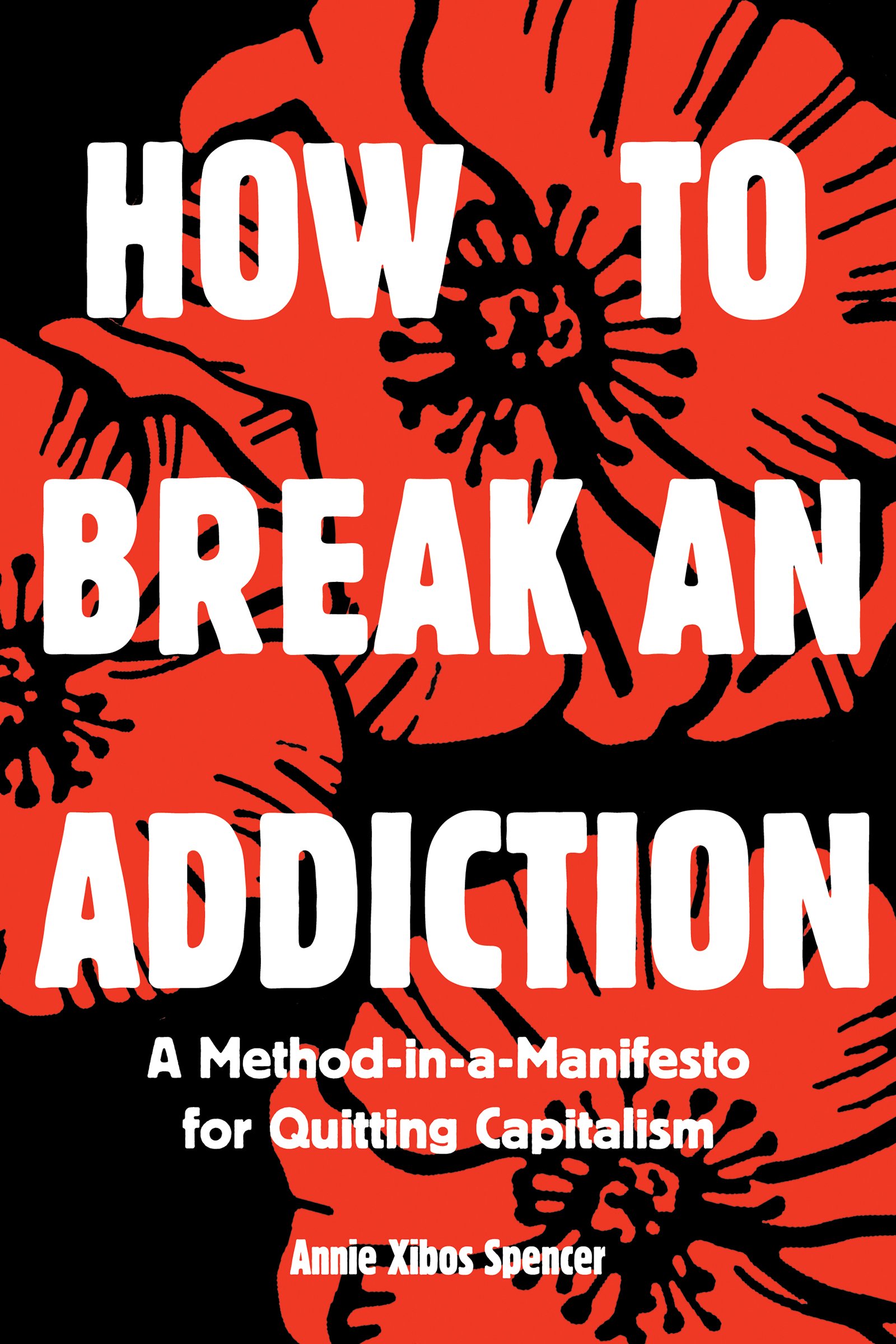
Common Notions is a publishing house and programming platform that advances new formulations of liberation and living autonomy.
Our books provide timely reflections, clear critiques, and inspiring strategies that amplify movements for social justice.
By any media necessary, we seek to nourish the imagination and generalize common notions about the creation of other worlds beyond state and capital. Our publications trace a constellation of critical and visionary meditations on the organization of freedom. Inspired by various traditions of autonomism and liberation—in the U.S. and internationally, historically and emerging from contemporary movements—our publications provide resources for a collective reading of struggles past, present, and to come.






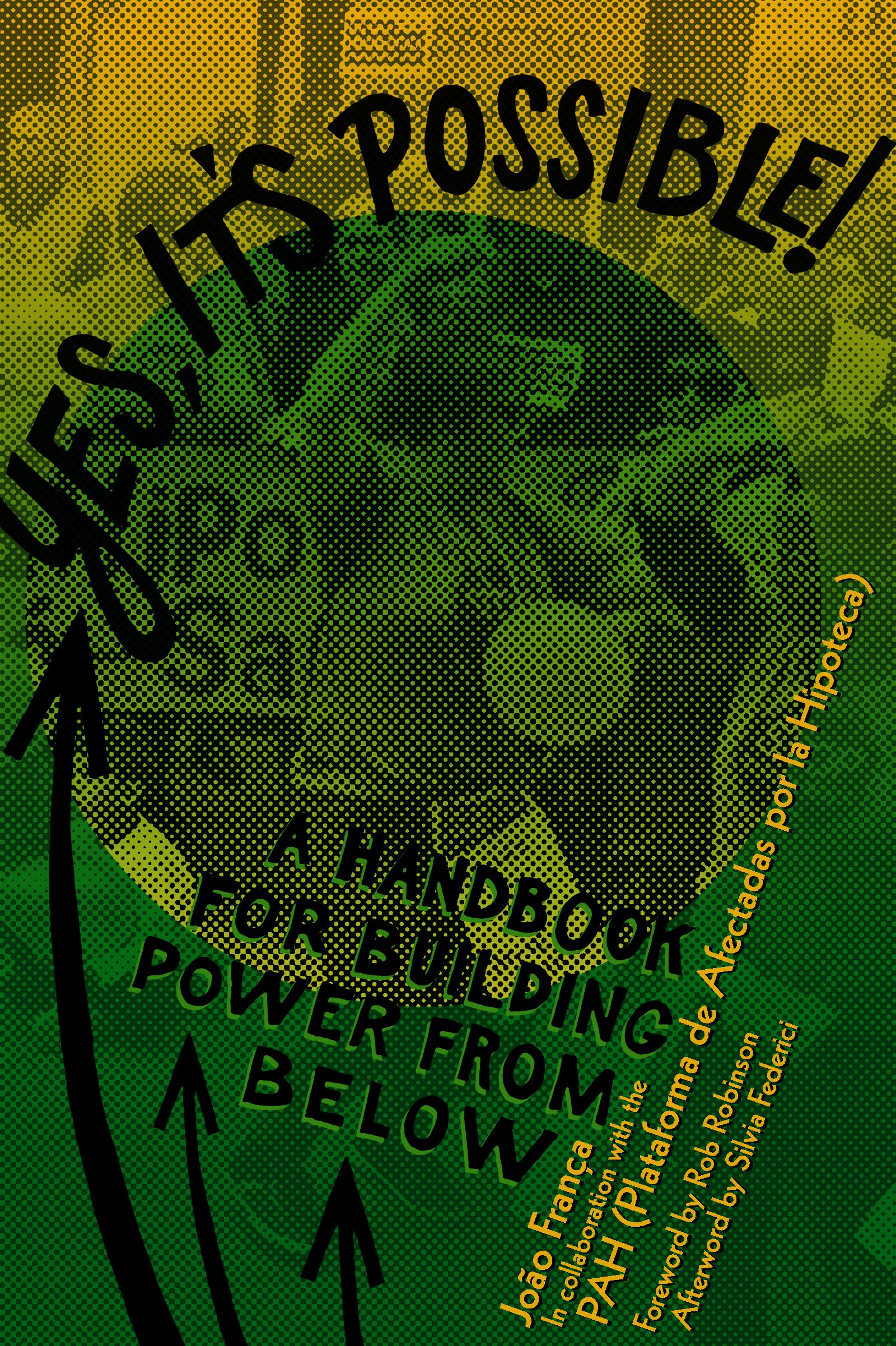
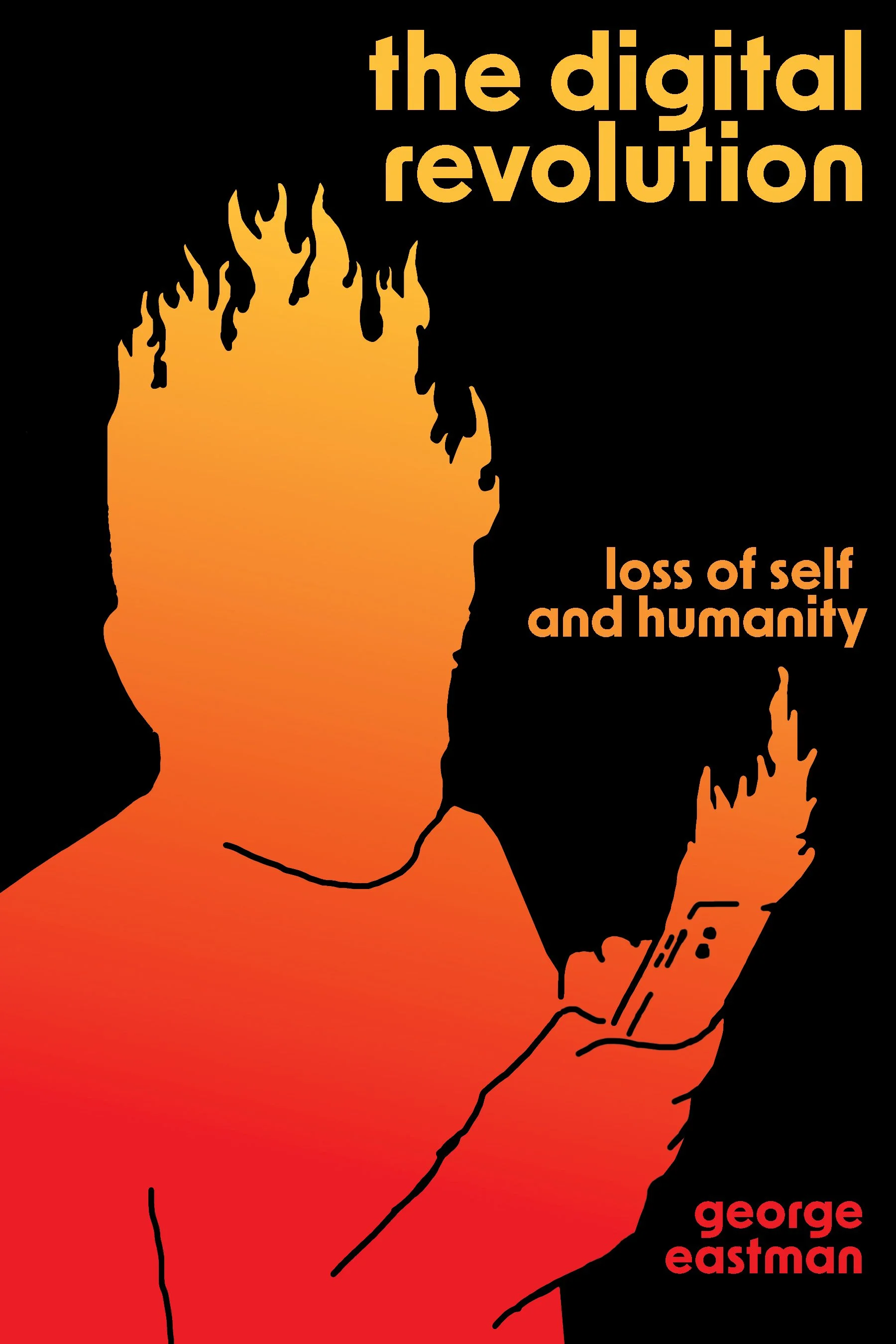











![In One Hand the Gun: Militancy in South Asia [Jamhoor Magazine]](https://images.squarespace-cdn.com/content/v1/53f742fee4b017241942bdbe/5cfd6bd2-cc9b-424b-86fc-cf1935655a7c/Screenshot+2025-11-18+at+1.28.02%E2%80%AFPM.png)


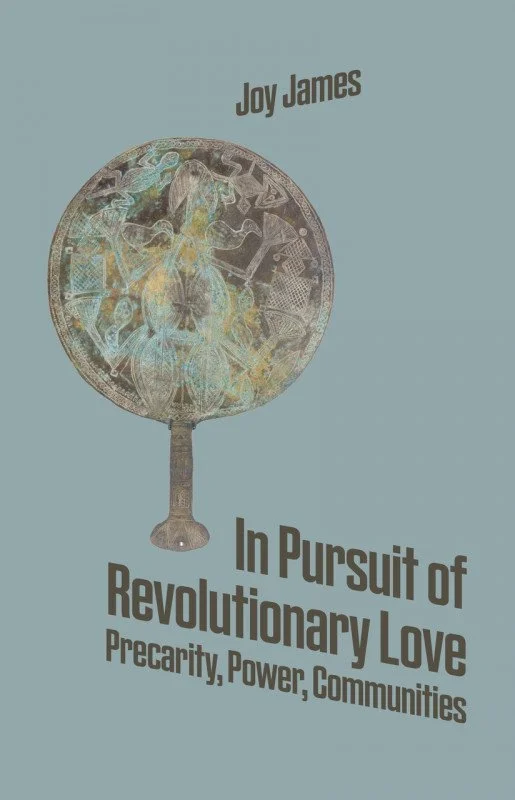

![Big Brick Energy: A Multi-City Study of the 2020 George Floyd Uprising [Full Color Print Edition]](https://images.squarespace-cdn.com/content/v1/53f742fee4b017241942bdbe/1658383363398-AOHYMGZYPYTOJ71YASZJ/Screen+Shot+2022-07-21+at+2.02.23+AM.png)











